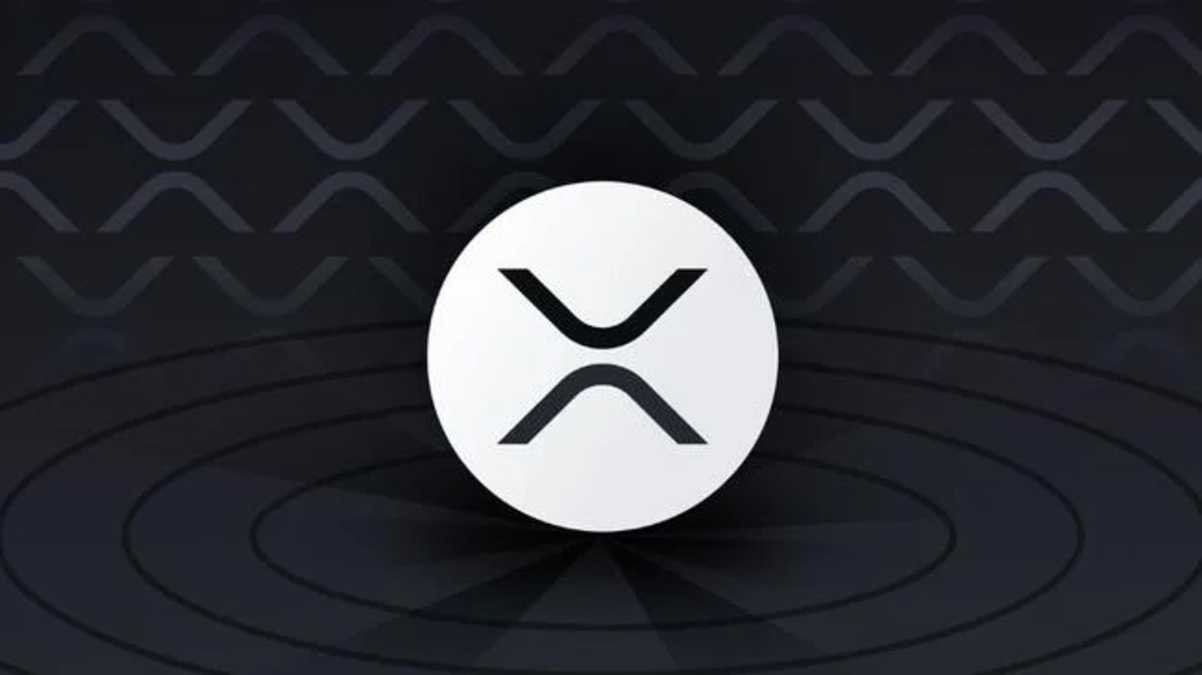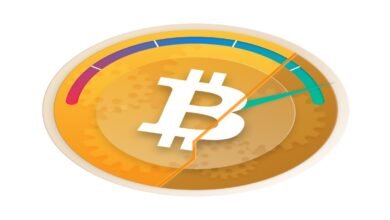
Ripple’s Appeal Timeline Extended as SEC Argues XRP is a Security Under U.S. Law
In a new development within the ongoing legal battle between Ripple Labs and the U.S. Securities and Exchange Commission (SEC), Ripple’s appeal timeline has been extended beyond the previously expected conclusion. This marks another significant twist in the case that has captured the attention of the cryptocurrency community. The SEC’s opening statement in this appeal continues to assert that XRP is a security under U.S. law, which has been the central issue in this protracted legal conflict.
Ripple’s legal team has been tirelessly fighting against the SEC’s stance, asserting that XRP is a digital currency and not a security. The ongoing litigation has not only raised important legal questions but also carries broad implications for how the cryptocurrency industry will be regulated moving forward. In this article, we will dive deeper into the latest developments in the Ripple vs. SEC case, examine the extension of Ripple’s appeal timeline, and discuss the potential implications for the future of XRP and cryptocurrency regulation.
The Extended Appeal Timeline: A Sign of Delays and Uncertainty
Ripple’s appeal timeline extension signals that the legal battle between Ripple Labs and the SEC is far from over. The delay in finalizing the appeal conclusion is an indication of the complexities involved in such a high-stakes case. Originally, Ripple and the SEC were expected to have reached a resolution within a specific timeframe, but as of the latest update, that timeline has been pushed back.
The extension of Ripple’s appeal timeline follows a series of motions, hearings, and arguments between the two parties, which have all contributed to an elongated legal process. The complexities surrounding the classification of XRP, coupled with the legal nuances of securities law and cryptocurrency regulation, have led to this drawn-out litigation. While both sides have put forth compelling arguments, the court has not yet reached a final decision, leaving the industry in a state of uncertainty.
For Ripple and the broader cryptocurrency market, the extended timeline means that the outcome of the case remains up in the air. The delay also further complicates Ripple’s operations, as the company and its partners must continue to navigate a landscape of regulatory uncertainty. XRP holders, who are closely following the case, are anxiously awaiting clarity on the legal status of the cryptocurrency and how future regulations will affect its use and value.
The SEC’s Argument: XRP as a Security Under U.S. Law
At the heart of the SEC’s case against Ripple is the argument that XRP should be classified as a security under U.S. law. The SEC asserts that Ripple’s sale of XRP to investors constitutes an unregistered securities offering. According to the SEC, because XRP was sold as an investment product, it meets the criteria of a security and should be subject to the same regulatory requirements as stocks, bonds, and other traditional securities.
The SEC’s position is based on the Howey Test, a legal standard used to determine whether an asset qualifies as a security. The Howey Test assesses whether an investment involves the expectation of profits derived from the efforts of others. In the case of Ripple, the SEC argues that XRP was marketed to investors with the expectation that its value would increase as Ripple’s network grew and as the company behind XRP achieved greater success.
The SEC’s opening statement in the appeal emphasized these points, reiterating its belief that XRP is not simply a digital currency but an investment contract. The SEC’s legal team has argued that Ripple’s actions in promoting XRP to retail investors and institutional clients directly tie the token to the company’s success and, as such, constitute a violation of U.S. securities laws.
Ripple’s Counterargument: XRP as a Digital Currency, Not a Security
Ripple’s defense, on the other hand, centers on the argument that XRP is not a security but a digital currency. Ripple contends that XRP serves as a utility token designed for use in the company’s payment network, RippleNet, to facilitate cross-border payments and transactions. According to Ripple, XRP is fundamentally different from traditional securities because it is not a financial instrument tied to the success of Ripple Labs. Instead, it is a medium of exchange used to streamline international transactions, similar to other digital currencies like Bitcoin and Ethereum.
Ripple has also pointed to the broader usage of XRP in various financial applications, including its adoption by financial institutions and payment providers, as evidence that XRP functions as a currency rather than a speculative investment vehicle. Ripple’s legal team has argued that XRP’s utility within RippleNet and its role in the global payments ecosystem demonstrate its value as a currency, not as a security that needs to be regulated by the SEC.
Furthermore, Ripple has highlighted the fact that the SEC has not taken similar actions against Bitcoin and Ethereum, two other widely used cryptocurrencies that also function as digital currencies. Ripple’s legal team argues that the SEC’s decision to target XRP is inconsistent with its stance on other cryptocurrencies, creating regulatory uncertainty that hampers innovation in the cryptocurrency industry.
What This Means for the Cryptocurrency Industry
The outcome of Ripple’s appeal could have far-reaching consequences not just for Ripple and XRP but for the broader cryptocurrency industry. If the court rules in favor of the SEC and classifies XRP as a security, it could have a domino effect on other cryptocurrencies. Many in the crypto community fear that such a ruling could lead to increased regulatory scrutiny and compliance requirements for other digital assets, making it harder for cryptocurrency projects to operate in the U.S. and potentially stifling innovation in the sector.
A ruling in favor of Ripple, on the other hand, could provide much-needed regulatory clarity for the cryptocurrency industry. If the court decides that XRP is not a security, it could set a precedent that other digital assets are also exempt from securities regulations, potentially creating a more favorable environment for cryptocurrency companies to thrive in the U.S.
Regardless of the outcome, the Ripple vs. SEC case underscores the need for clear and comprehensive regulation of digital assets. The lack of regulatory clarity has created an environment of uncertainty, and many industry experts believe that the case could catalyze broader discussions about how cryptocurrencies should be regulated in the U.S. and internationally.
Impact on XRP and Its Market
The legal battle has had a significant impact on XRP’s market performance. Since the SEC filed its lawsuit against Ripple in December 2020, XRP’s price has been highly volatile. The cryptocurrency experienced a sharp decline in value following the news of the lawsuit, as exchanges like Coinbase and Binance temporarily halted XRP trading. However, despite the legal uncertainty, XRP has shown resilience, with its price recovering and even outperforming some of its peers in recent months.
The uncertainty surrounding the legal case has created a complex environment for XRP holders and investors. The extended timeline for Ripple’s appeal means that XRP’s future remains uncertain in the short term, and its market value will likely continue to be influenced by news and developments in the case.
Despite these challenges, Ripple has continued to push forward with its vision for XRP as a digital currency for cross-border payments. Ripple’s partnerships with major financial institutions and its ongoing efforts to expand RippleNet continue to demonstrate the utility of XRP in the global payments ecosystem, regardless of the legal challenges it faces.
Looking Ahead: What’s Next for Ripple and XRP?
As Ripple’s appeal process continues, the legal battle between Ripple and the SEC will likely remain a focal point for the cryptocurrency industry. The extended timeline means that Ripple and the SEC will have additional time to present their arguments and evidence, and it remains to be seen how the court will rule on the matter.
For Ripple, the stakes are high. A favorable ruling could lead to a surge in XRP’s value and increased adoption of RippleNet, solidifying XRP’s position as a leading digital currency in the global payments space. On the other hand, a ruling in favor of the SEC could significantly impact XRP’s value and its future prospects in the U.S. market.
Ripple’s legal team remains confident in its position, continuing to argue that XRP is not a security and that the SEC’s actions are based on an overreach of its authority. Ripple’s ongoing efforts to defend its technology and business model are crucial not only for the company’s future but also for the broader cryptocurrency industry.
The outcome of the Ripple vs. SEC case will likely shape the regulatory landscape for cryptocurrencies in the U.S. and could have a lasting impact on how digital assets are treated by regulators around the world. Whether Ripple ultimately prevails or the SEC emerges victorious, the case will continue to be one of the most significant legal battles in the history of cryptocurrency.
The extension of Ripple’s appeal timeline and the continued arguments made by the SEC in favor of XRP’s classification as a security highlight the complexity and importance of this ongoing legal battle. While the legal process continues to unfold, the case remains one of the most closely watched in the cryptocurrency world, with significant implications for Ripple, XRP, and the broader digital asset industry.
As the legal dispute drags on, Ripple’s defense remains steadfast, and the outcome of the case could redefine the future of cryptocurrency regulation in the U.S. and beyond. For now, the industry watches closely, waiting for clarity on the legal status of XRP and how it will impact the future of digital currencies.



